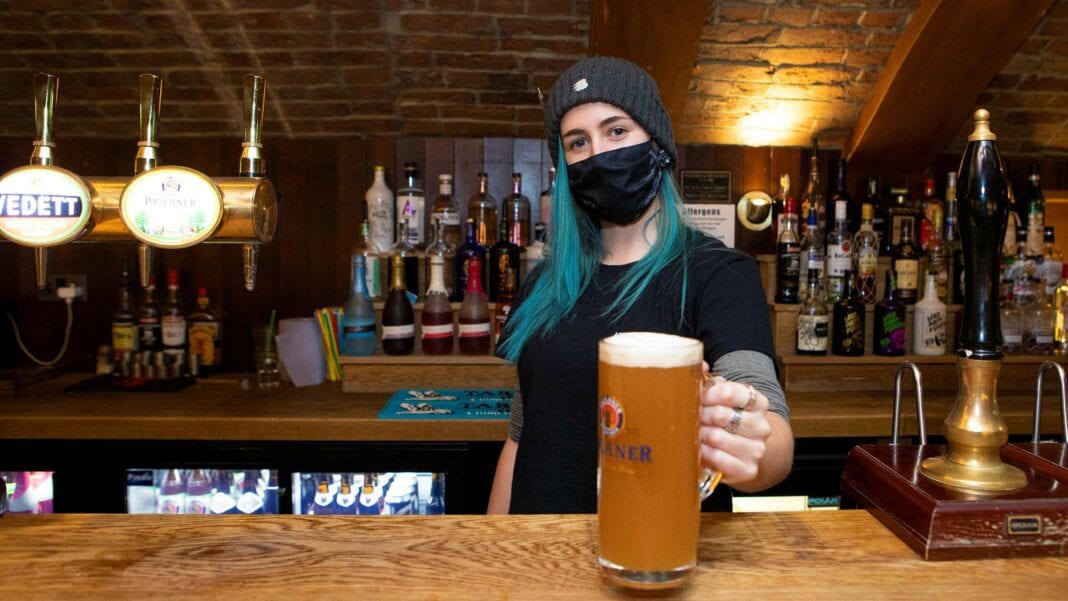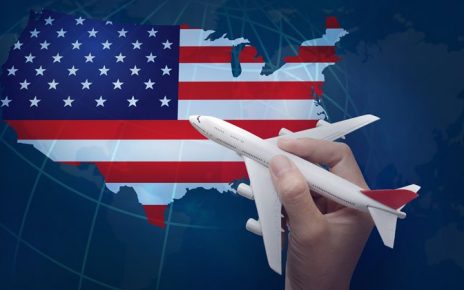You won’t be getting your pint even if UK pubs reopen in April, media reports suggest
- UK government is reportedly contemplating a ban on alcohol when pubs reopen after lockdown in April
- Reports of incoming ‘alcohol ban’ provoke fury and disbelief from British pub goers
- Some Brits arguing that an open pub without alcohol is better than a closed pub with alcohol
According to the latest news reports, Prime Minister Boris Johnson’s government is considering a policy which would only allow pubs to reopen after lockdown in April if they don’t sell alcohol – an effort to stop the spread of COVID-19 due to drunk people being less likely to follow social distancing rules.
The suggestion promptly caused huge uproar among pub-starved Brits, who argued that a pub without alcohol is no longer a pub at all.
“Pubs with no alcohol? What is the point. Government control has gone way too far,” protested Brexit icon and avid beer drinker Nigel Farage. Others compared a pub without alcohol to a fish and chip shop without chips, a clothing store without clothes, or a chemist without medicine.
Greater Manchester Night Time Economy Adviser Sacha Lord pointed out that many pubs would “just choose to stay shut” given the ultimatum, while former East Midlands MEP Roger Helmer quoted lyrics from Australian country legend Slim Dusty’s song ‘A Pub With No Beer.’
Not everyone was against the idea, however, with some Brits arguing that an open pub without alcohol is better than a closed pub with alcohol.
“Most are kicking off about booze, but for me, isn’t it more if you’re allowed to meet others there?” questioned finance journalist Lotty Earns. “You can drink booze in your house. But going some[where] different, sitting down with a mate or two and having a Coke etc and a pub lunch seems preferable to me.”
Another user tweeted, “To be fair, drunk people pass [the virus] on more freely because they do not care.”
Considering that the vast majority of pub revenue comes from alcoholic drinks, a ban on alcohol would be sure to hit pub owners even harder after a year of other major setbacks, including extended closures, limited numbers of permitted customers, earlier closing times, food mandates, and compulsory COVID-19 case tracking.




